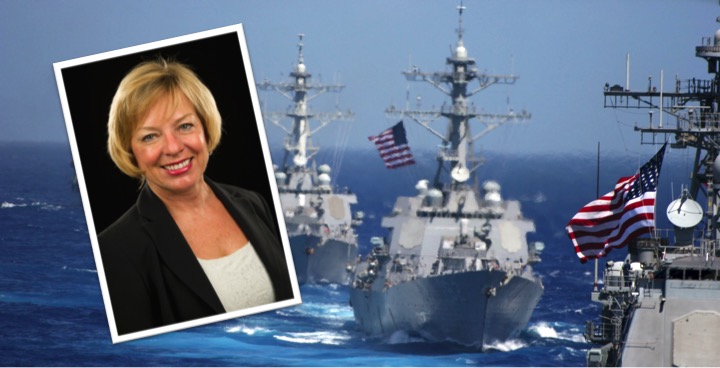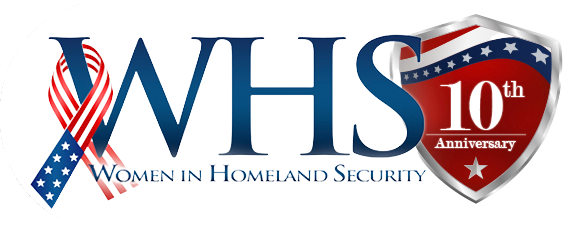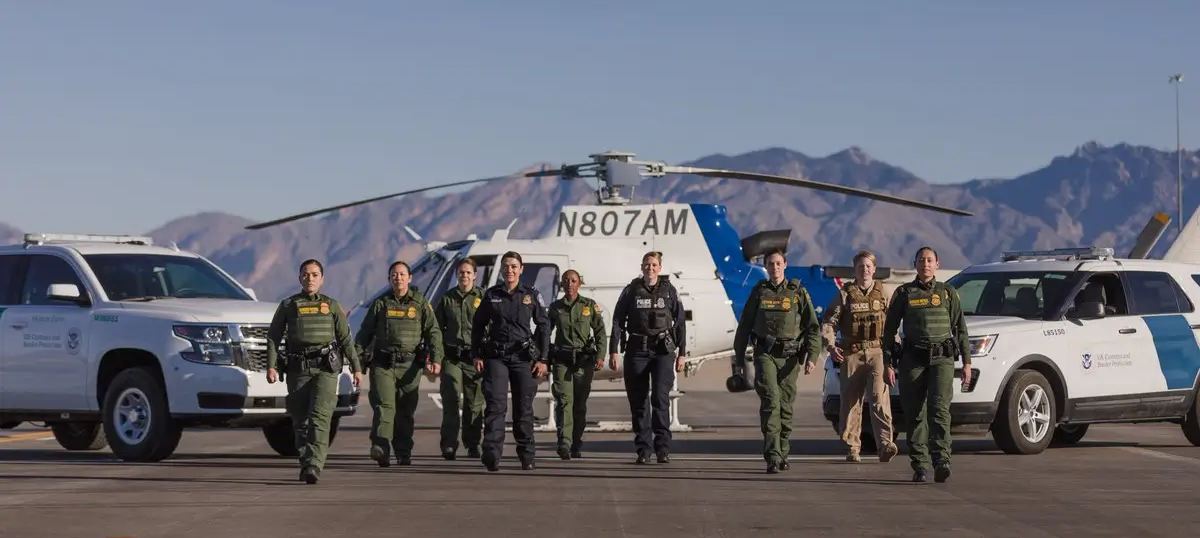
04 May MEET YOUR BOARD: Mary Hanson, VP Communications
What did you study in school, and why?  My bachelor’s and master’s degrees are in Mass Communication. I grew up in an isolated environment with very little knowledge of the world, and this was the quickest way to throw myself into learning. I was a journalist first, and became passionate about the role of open communication in a democracy. I still am.
Looking back on your life and career, what makes you most proud?  I did my best to be a good example, conscientious supervisor and authentic leader. I stood by the principles of open communication even when it was difficult; for example, advising various admirals, generals and DHS executives to “come clean, quickly” with negative news. Sometimes, I risked my career. Usually, my advice was heeded. Always, a colleague or junior member of my staff noticed my actions and, I hope, was inspired to do the same when their time came.
What advice do you offer to young women considering a career in homeland security? It can be a very satisfying career (because of the mission) and also somewhat frustrating (because of the bureaucracy). No job or career is a “perfect fit,” but every one of them gives you opportunities to grow. Grab them! Be bold. Ask questions. Make friends. Take every leadership workshop or course that you can. If you have self-doubt, know that you have plenty of company, and let it motivate rather than stifle you.
How does WHS contribute to securing the homeland?  Homeland security is a network-of-networks, and WHS is one of them-specifically, helping to recognize and empower the role that women play. I wish that gender were irrelevant in the workplace, but that is unfortunately not yet the case. Until it is, groups like this help to ensure that all of our national resources are employed to keep us safe. That includes the particular leadership and personal characteristics that women bring to the security table.
If you were in charge and had all the resources you need, what would you do first to improve homeland security?   It’s hard to be in charge, and I’m frankly glad I’m not! This makes me think of the time I was (briefly) put in charge of a Navy ship. I felt a bit of panic, until I mentally reviewed some basic steps: prioritize, decide, communicate, take action. So I would first prioritize the risks, because they have become so diffuse. This would probably lead to simplifying the DHS organization. And I would clearly communicate my decisions – not for “branding” and “marketing” purposes, but because it is the right thing to do.




Sorry, the comment form is closed at this time.